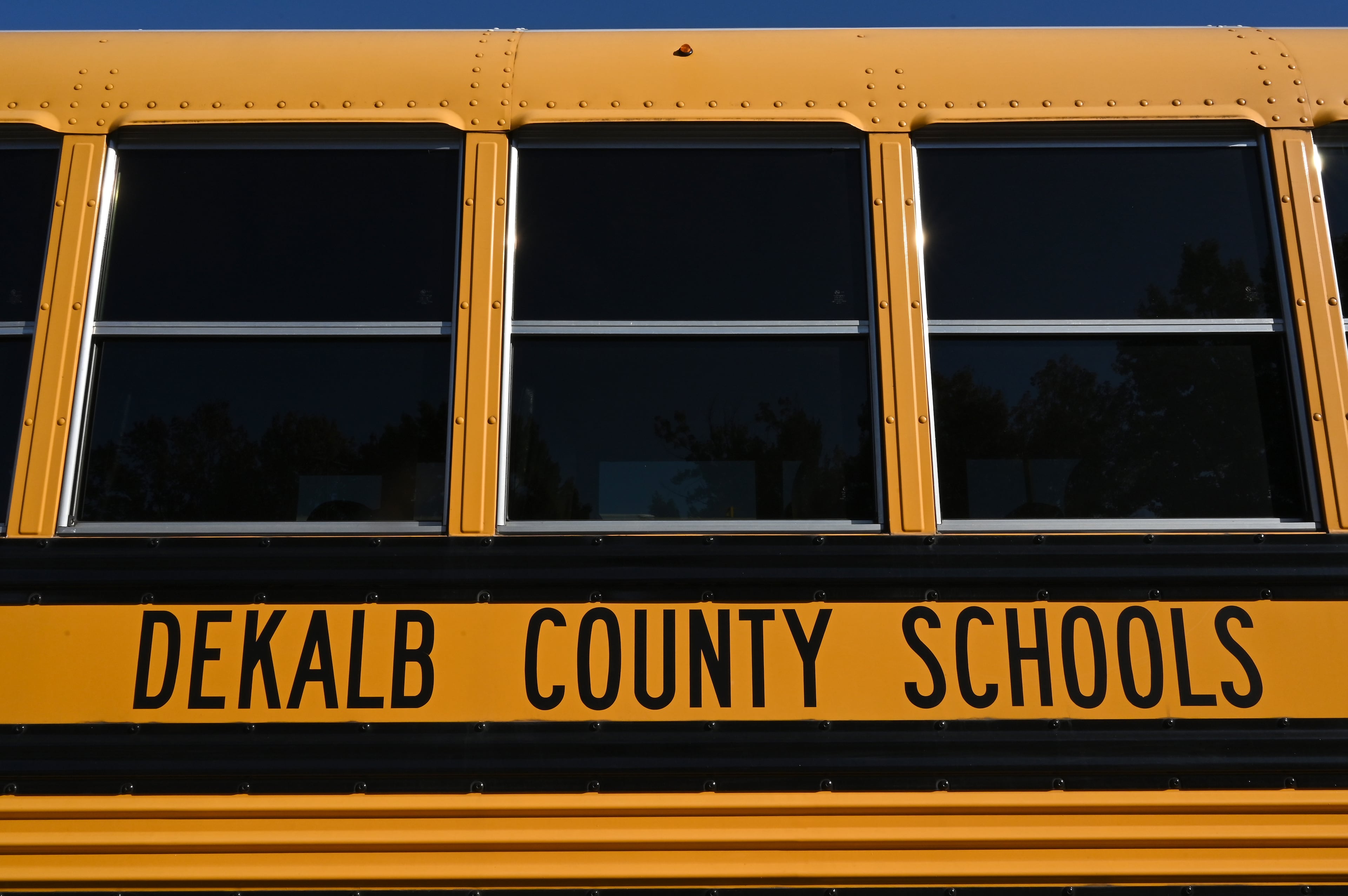Supreme Court rulings could factor into case of Cobb teacher fired over book

Two recent U.S. Supreme Court rulings could impact a high-profile lawsuit by a Georgia teacher who was fired over a book she read to her class.
Former Cobb County teacher Katie Rinderle said she was wrongly fired by the school district for reading a book to her students that challenged gender norms. She’s one of three plaintiffs suing the school district for discrimination. They allege that the district’s “vague censorship policies” make them fear discipline for supporting LGBTQ+ students.
The lawsuit was originally filed in federal court in February 2024, but was put on pause in March of this year. Attorneys for the Cobb County School District are trying to get the case dismissed, but asked U.S. District Judge Tiffany Johnson to wait to issue a decision until the Supreme Court ruled on two cases. Johnson agreed in March.
Now, both rulings are out.
In U.S. v Skrmetti, the conservative court voted on June 18 to uphold a Tennessee law that banned puberty blockers and hormone therapy for transgender minors. The case dealt with whether protections for sex discrimination apply to gender identity, which could affect how the judge interprets the Cobb case.
In Mahmoud v. Taylor, the court sided Friday with a group of Maryland parents from different religions who objected to their kids reading LGBTQ+-inclusive books in public schools.
“We did not think that either of these cases would have any impact ... on the outcome for Katie,” said Michael Tafelski, an attorney with the Southern Poverty Law Center, which is representing Rinderle.
But attorneys for the Cobb County School District and the judge disagreed. The ruling in the Mahmoud case could “substantially impact” the Cobb case “because the county is arguing — at least in part — that it has an interest in protecting parental rights through its policy,” Johnson wrote.
Rinderle was removed from her classroom in 2023 after reading fifth graders a book called “My Shadow is Purple” by Scott Stuart. Some parents complained to the school’s principal that they were not informed about the content of the book ahead of time. Rinderle maintained throughout a two-day hearing and afterward that the book was about inclusivity. She was fired, and is appealing that decision in a separate lawsuit.
But Tafelski said Rinderle’s case isn’t about parental rights.
“Her case is about defending her job against policies that were vague and discriminatory,” he said.

President Donald Trump said in a news conference Friday that the Supreme Court’s most recent ruling is “great” for parents.
“It’s really a ruling for parents. They’ve lost control of the schools,” he said. “They’ve lost control of their child and this is a tremendous victory for parents.”
Some educators and lawmakers worry the ruling in the Maryland dispute could lead to parents finding other reasons to remove their children from classes for materials they find objectionable.
“There’s going to be a lot more cases where people are saying ‘Our family doesn’t believe in evolution so we don’t want our kids in classes where evolution is taught. It offends our religion. Our family doesn’t believe in war, so we don’t want our kids in class when World War II is being taught about,’ ” U.S. Rep. Jamie Raskin, D-Md., told CNN.
With both rulings published, the discrimination case in Cobb County will move forward.
Attorneys for Rinderle say this is the first federal lawsuit that challenges Georgia’s classroom censorship laws. Attorneys general from more than a dozen Democratic-leaning states voiced support for the suit in court filings, arguing that Cobb’s actions are “far outside the bounds” of normal educational practices, and that its actions could affect other states.
The Cobb County School District has repeatedly reaffirmed its decision to fire Rinderle through statements and court filings. The Atlanta Journal-Constitution reached out to the district and its attorneys for comment on Friday, but did not receive a response by the time of publication.



